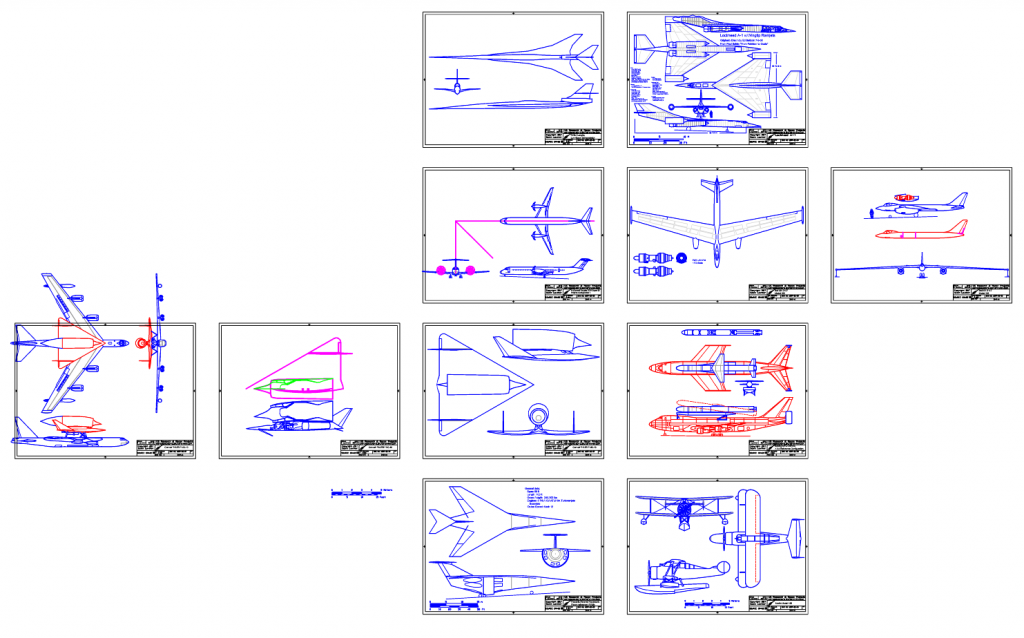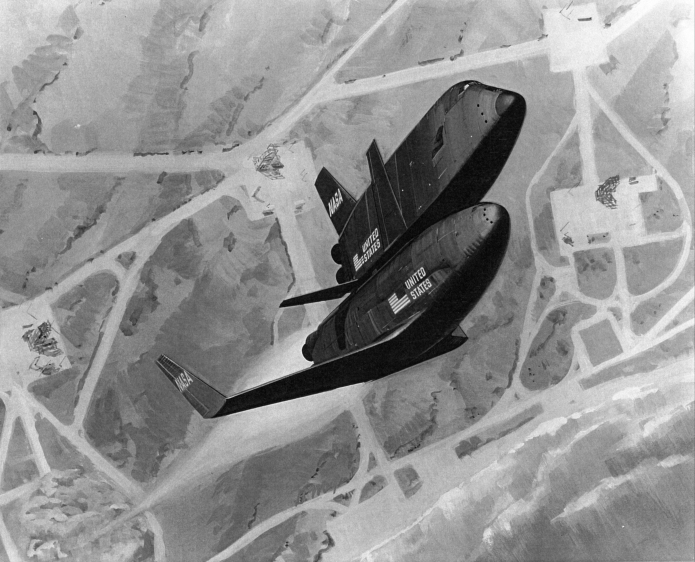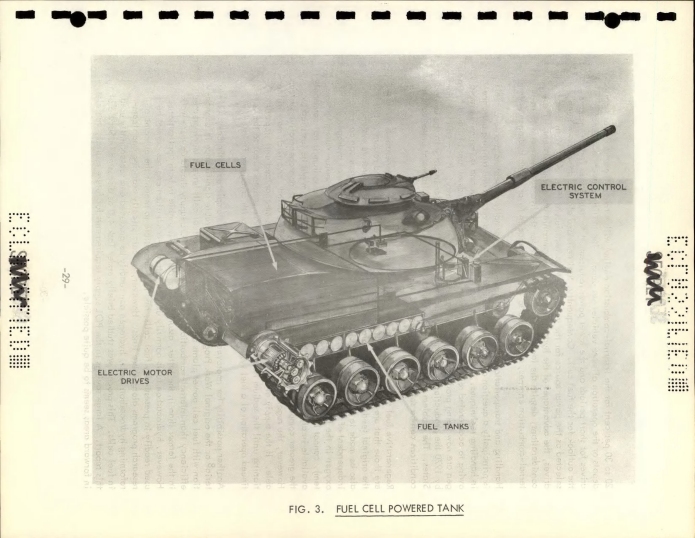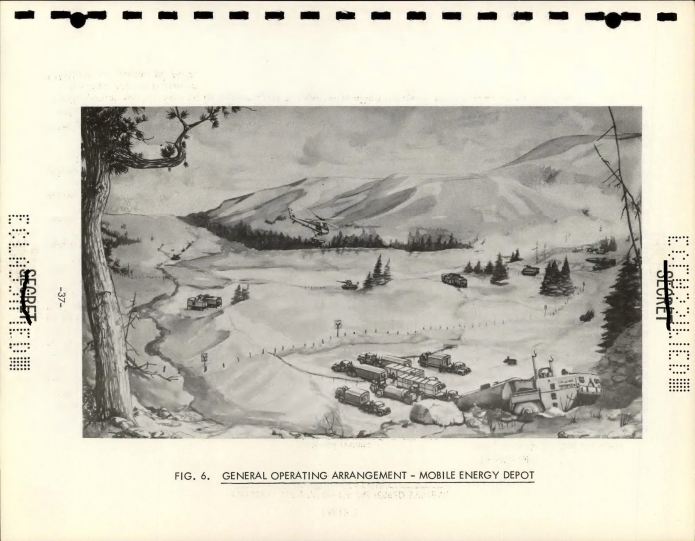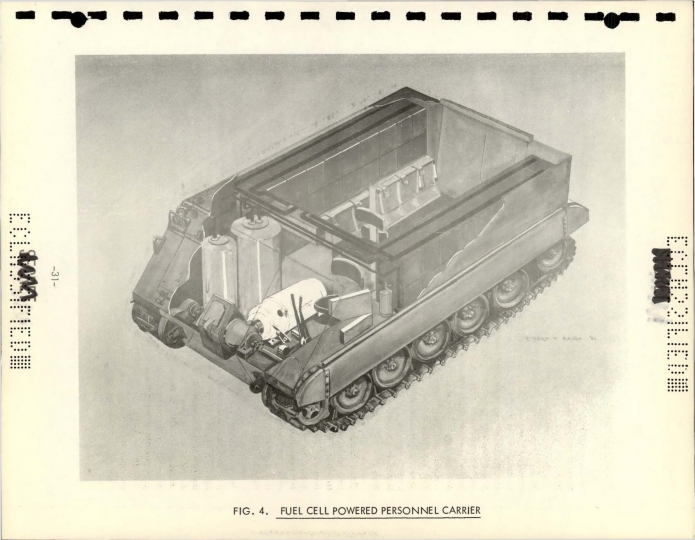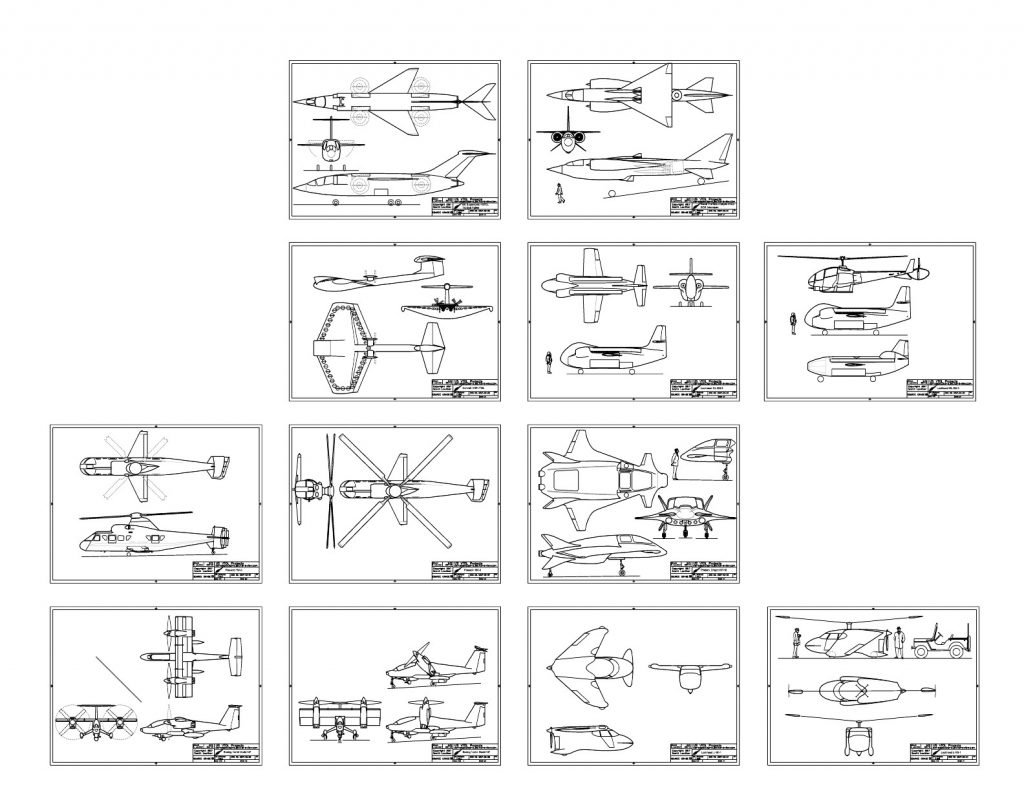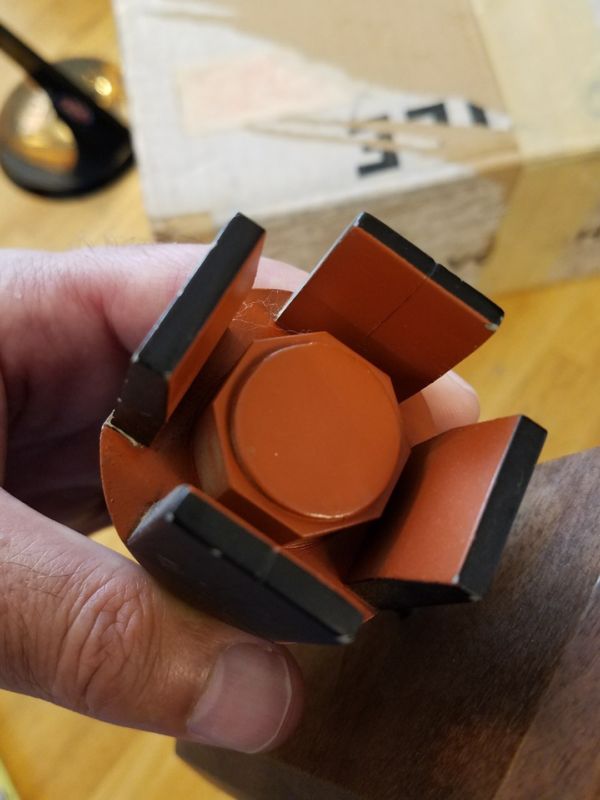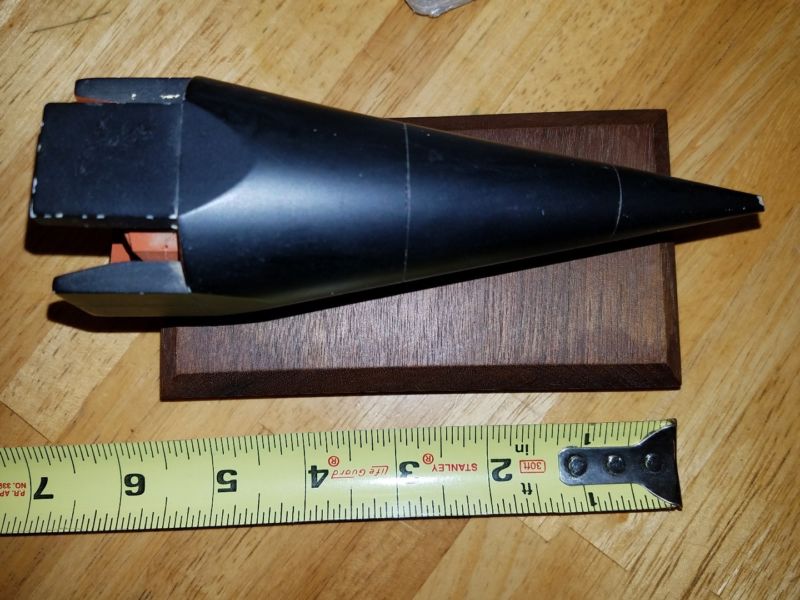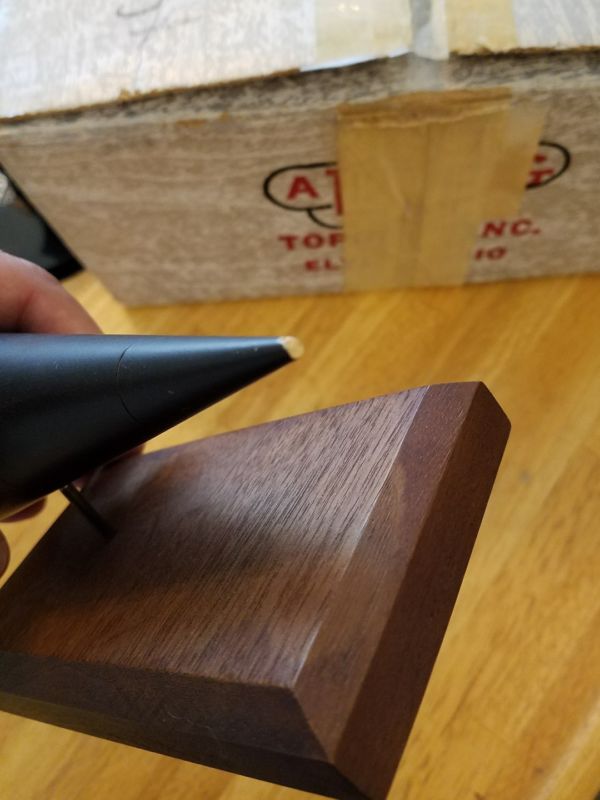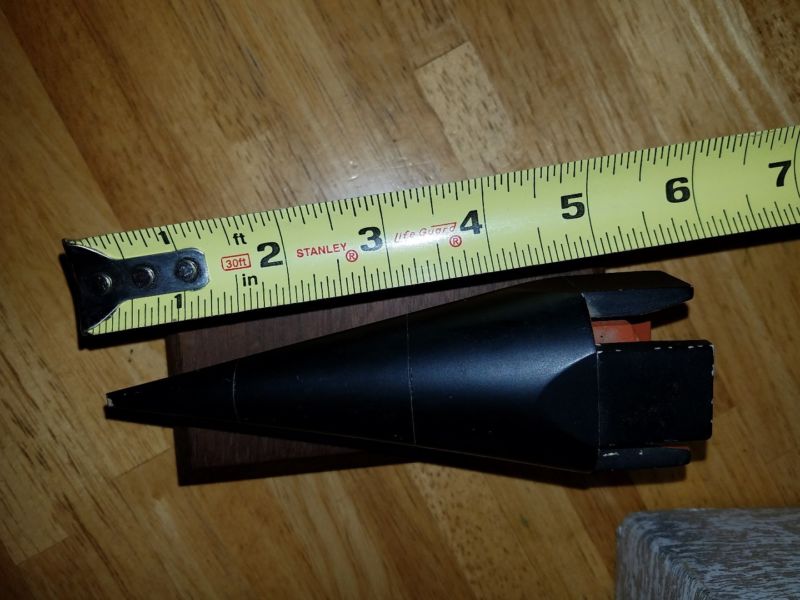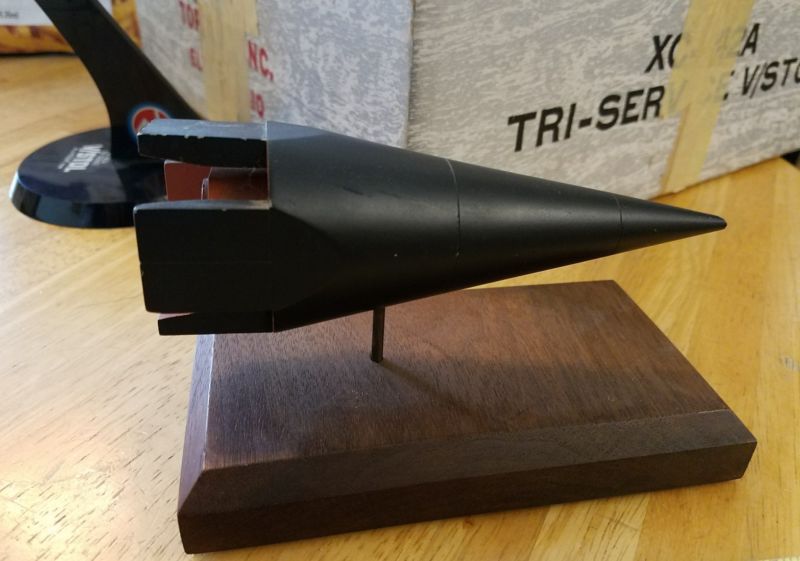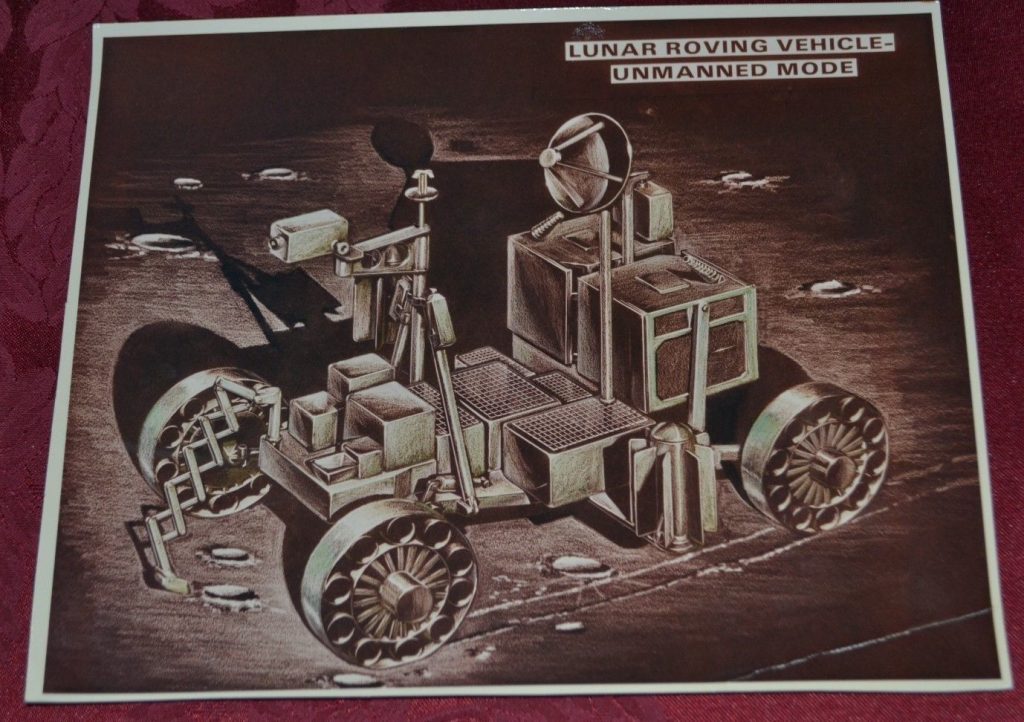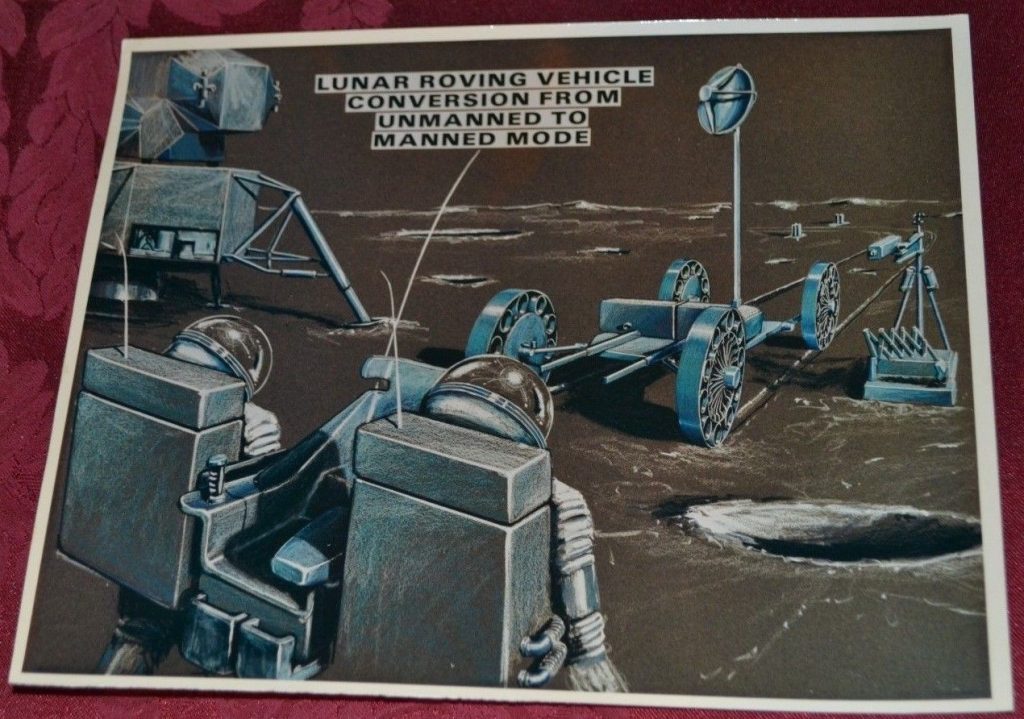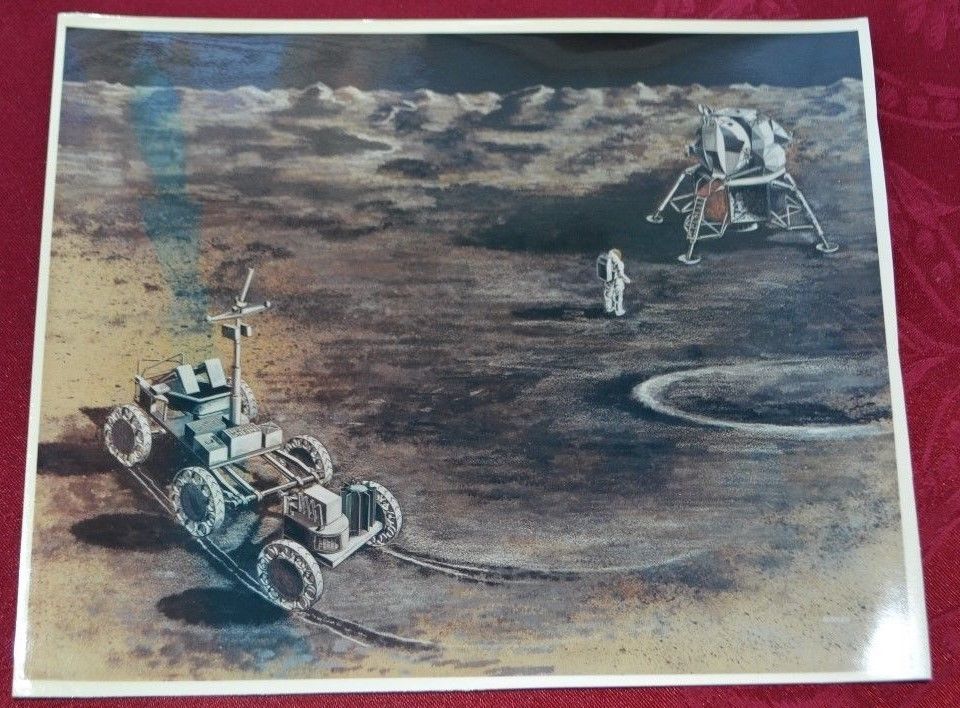Also in the pipeline:
The early development of the Space Shuttle was filled with bizarre designs, attempts to jam capabilities into existing technologies. One such unconventional concept came from McDonnell-Douglas: a low-cross-range orbiter atop a flyback booster. The orbiter, unlike the Shuttle Orbiter actually built, contained considerable internal propellant; the booster would get it up to high altitude and velocity, but the bulk of the actual delta V would come from the Orbiters own propulsion. The vehicle had small, straight wings that would fold up against the side of the fuselage for launch and for re-entry… but they would have to deploy on-orbit to allow the payload bay doors to open, and they’d deploy again once the craft had entered the atmosphere.
I’ve uploaded the high-rez version of this artwork (8 megabyte 5598×4529 pixel JPG) to the APR Extras Dropbox folder for 2017-12, available to all APR Patrons at the $4 level and above. If you are interested in accessing this and other aerospace historical goodies, consider signing up for the APR Patreon.
Mobile energy depot feasibility study: summary report
Description:
Declassified 28 Aug 1973. Various methods of producing and using nuclear power for military land vehicles and other military equipment were investigated and evaluated. A nuclear-powered mobile energy depot (MED) would move with advancing armies and produce vehicle fuels from materials readily available in the field. This would make mechanized units independent of external fuel supplies for extended periods, and permit them to move quickly and easily to areas impossible for units that depend on the customary fuel supply lines. Many possible MED systems were evaluated on the basis of energy sources, fuel manufacturing (by both conventional and chemonuclear processes), fuel storage and transportation, and fuel utilization in both present-day internal-combustion engines and power units of the future (i.e., fuel cells). The applications of more than a dozen MED systems to vehicular propulsion were studied.
The report can be downloaded directly from HERE.
Support the APR Patreon to help bring more of this sort of thing to light!
A few days ago I uploaded in the 2017-12 APR Patron Extras Dropbox folder a scan of an old magazine article on the X-24 lifting body which including this interesting piece of art depicting an X-24 atop a Titan IIIc launch vehicle. There were indeed proposals to launch X-24 derivatives into orbit with Titan IIIs, but they wouldn’t be *exactly* X-24’s. The X-24 was not built as a spacecraft or a re-entry vehicle; it would be uncontrollable outside the atmosphere and would be a molten collection of rubbish on re-entry. Still, the proposed vehicles did look a *lot* like the X-24.
Support the APR Patreon to help bring more of this sort of thing to light!
I’ve put five of my large format cyanotypes on ebay, with starting bids far lower than the usual selling price.
https://www.ebay.com/itm/Space-Launch-System-1-72-scale-Diagram-Cyanotype-Blueprint/253278318585

https://www.ebay.com/itm/Large-Cyanotype-Blueprint-of-the-Consolidated-B-36-Bomber/253278304259

https://www.ebay.com/itm/Lockheed-Skunk-Works-hypersonic-X-24C-L301-cyanotype-blueprint/253278262083



A while ago an ebay seller had a display model of a maneuverable re-entry vehicle, a warhead for an ICBM.There was apparently no documentation to go with it, so details are pretty much utterly lacking. Still, it does look reasonably likely to have been a “real” display model built by or for the USAF or a defense contractor. It’s simple… a cone with four sides shaved off with four added flaps for control. This basic geometry has been popular for maneuverable warhead concepts for decades; McDonnell-Douglas used a similar shape (explicitly stated as having been derived from their maneuverable MIRV studies) for their Delta Clipper SSTO, and an even closer shape for their X-33 and follow-on concepts.
A few weeks ago, some artwork was put on ebay showing an alternate concept for the Lunar Roving Vehicle. This one was apparently sold as being optionally manned, which would certainly be a useful feature. Especially if it could be teleoperated from Earth after the crew has gone home. Note that one of the illustrations shows the unmanned rover towing a two-wheeled cart loaded with nuclear power generator (an RTG); similar RTGs are shown hanging off the sides of an unmanned LRV, and two RTGs are shown in the distance in the illustration showing unmanned-to-manned conversion. What *may* be intended here is that the unmanned version would drive around under RTG power and charge up batteries; for manned use the RTGs are left in the distance and the things operates purely under battery power. If returned to RTG/unmanned prior to the crew leaving, then the LRV would have virtually unlimited range. With enough time, an LRV could even drive to another landing site and be there in time for a new crew to land and make use of it.
Currently being sold on ebay is a display model of a missile, a “Martin ASM.” ASM almost certainly means “Air to Surface Missile,” but otherwise there’s no further info. Seller seems to think it’s related to the Assault Breaker project, but it looks vaguely like a Skybolt-ish air-launched ballistic missile.


A rare piece of color art depicting an early Dyna Soar being dropped from a B-52. The Dyna Soar is equipped with two rocket engines used to boost it to higher altitude and higher speed (supersonic, though not very supersonic… think the test flights of the M2-F3 and the HL-10). Note that this shows the Dyna Soar having been tucked into a modified bomb bay in the B-52’s fuselage; planning would soon move the Dyna Soar to under the wing, using the same attachment point used by the B-52 to carry the X-15 and the lifting bodies.
